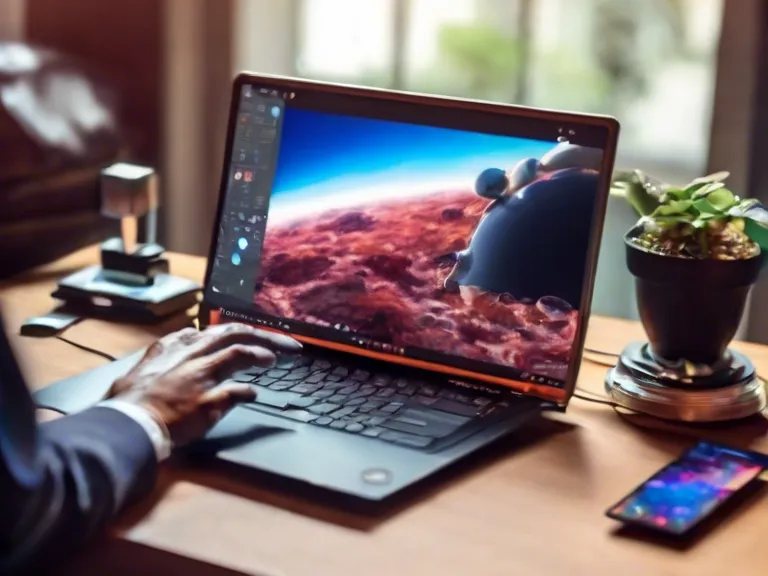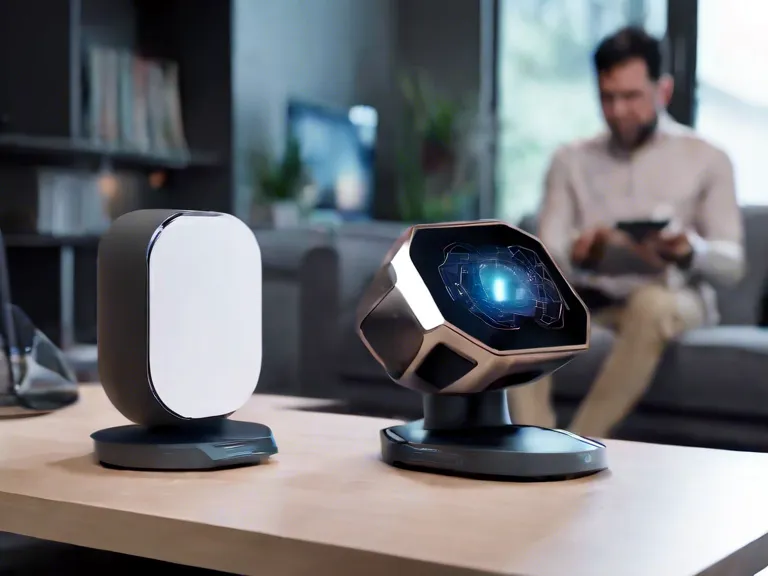
Explore the future of PC hardware innovations, from quantum computing to neuromorphic computing. Discover what advancements to expect in memory technologies and connectivity for the next generation of PCs.
In recent years, the world of PC hardware has seen tremendous advancements and innovations. From more powerful processors to faster SSDs, the next generation of PCs promises to be even more impressive. In this article, we will explore what to expect from future hardware innovations in the world of PCs.
One of the most anticipated advancements in PC hardware is the development of quantum computing. Quantum computers have the potential to revolutionize the way we process information, offering unparalleled speed and efficiency. While commercial quantum PCs are still in the early stages of development, researchers are making significant progress in bringing this technology to the mainstream.
Another area of innovation in PC hardware is the rise of neuromorphic computing. Inspired by the human brain, neuromorphic computers are designed to mimic the brain's architecture and functioning. These systems are expected to excel at tasks requiring pattern recognition and complex decision-making, offering a new level of performance in PC computing.
Additionally, future PCs are likely to see advancements in memory technologies. With the ever-increasing demand for faster and more reliable storage, researchers are exploring new materials and techniques to enhance memory capabilities. From non-volatile memory technologies like MRAM to advanced storage solutions like 3D XPoint, the future of PC memory is bright.
Furthermore, the next generation of PCs is expected to bring improvements in connectivity. With the rollout of 5G networks and the development of Wi-Fi 6E technology, PCs will be able to connect to the internet and other devices faster and more efficiently. These advancements in connectivity will enable new possibilities for PC users, from seamless streaming to real-time collaboration.
Overall, the future of PC hardware is exciting and full of potential. As researchers and engineers continue to push the boundaries of technology, we can expect PCs to become faster, more powerful, and more versatile than ever before.

